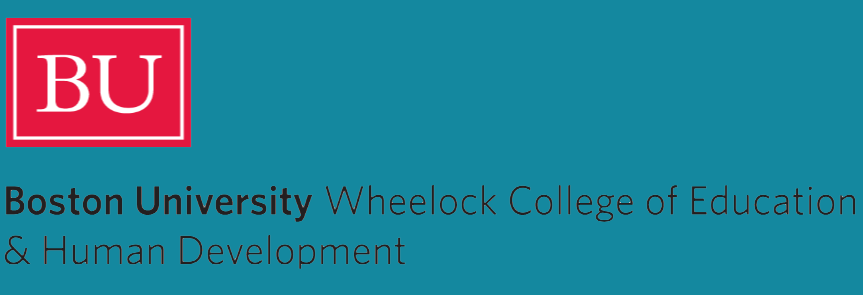Circular Inaccurate Accurate (CIA)
What do children think about experts who provide circular explanations?
Previous research has shown that as children get older, they develop an understanding of expertise and can use expertise when deciding whom to learn from. However, experts are not always the best informants and sometimes provide explanations that are not helpful to the question. For example, a child might ask their teacher “I saw a Zebra at the Zoo, why does the Zebra look like a horse?” and the teacher might respond, “The Zebra looks like a horse because Zebras look the most like horses”.
Because children are sensitive to different explanations and can judge them as good/bad or helpful/unhelpful explanations, it is important to know how children would judge an expert’s knowledge after they provide circular explanations. In this study, children ages 5-10 are asked to listen to a set of answers that are either circular, inaccurate, or accurate provided by different experts and judge how much the expert knows about the topic. Then children must decide who is the best informant to answer a new set of questions. The final portion of this study is meant to assess whom children believe is the best informant for their future learning. By including this measure, we hope to reveal if children’s decisions for future learning is dependent on expertise or the types of explanations provided.
